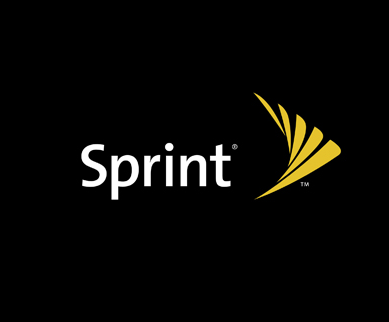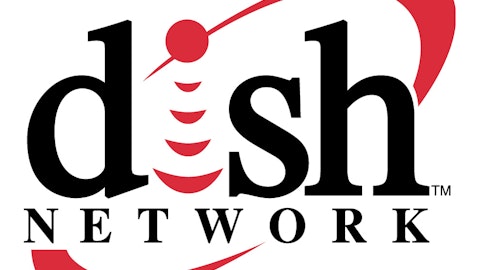Sprint Nextel Corporation (NYSE:S) and DISH Network Corp. (NASDAQ:DISH) continue to fight over Clearwire Corporation (NASDAQ:CLWR), a company that has never earned a profit but owns valuable wireless spectrum. In December 2012, Sprint Nextel Corporation (NYSE:S) made a $2.2 billion cash offer for Clearwire Corporation (NASDAQ:CLWR) that was below the prevailing stock price, though it was significantly above Clearwire’s average price for the year. Seeing potential value, DISH Network Corp. (NASDAQ:DISH) made a conditional $2.5 billion offer in January that put Sprint’s ambitions temporarily on hold. So, do investors have a play here?

Obviously, a network build-out comes at a heavy cost, with Clearwire Corporation (NASDAQ:CLWR) reporting $7.5 billion in operating losses over the past five years. While the company has been funded by an enviable list of corporate sponsors, including Intel Corporation (NASDAQ:INTC), Comcast Corporation(NASDAQ:CMCSA), and Google Inc (NASDAQ:GOOG), Sprint Nextel Corporation (NYSE:S) has provided most of Clearwire’s financing. In addition, Sprint Nextel Corporation (NYSE:S) is Clearwire’s primary wholesale customer and previously paid $925 million for unlimited use of Clearwire’s 4G network through the end of 2013.
Clearwire has no “clear” path to profitability under its current business model. While it has a retail business, the company relies heavily on its wholesale customer base, some of which are building their own 4G networks. In FY2012, Clearwire reported a 0.9% increase in total revenues, but it generated $1.4 billion in operating losses. More importantly, operating cash flow was deeply negative and the company required additional debt financing to meet its capital expenditure outlays.
On the flipside, Sprint has poured significant resources into Clearwire and relies on the company for additional network capacity and 4G services. While the company is also highly leveraged, it found a white knight when Softbank agreed to purchase a majority interest in the company in October 2012, which included $5 billion to fund the acquisition of Clearwire. The funding also gives Sprint much needed financing for the shutdown of Nextel and the modernization of its own network.
In FY2012, Sprint’s financial results were weak as the company has been only marginally successful at migrating Nextel customers over to Sprint services. For the period, Sprint’s revenues rose 5.1%, but it reported a $1.8 billion operating loss. While the company’s landline business was weak due to a declining subscriber base, its wireless business was hurt by a 12% increase in the costs of subsidizing its customers’ smartphone purchases. However, Sprint’s network consolidation actions and its rising wireless subscriber base should lead to higher future profitability, with adjusted operating profit expected to be between $5.2 billion and $5.5 billion in FY2013.





